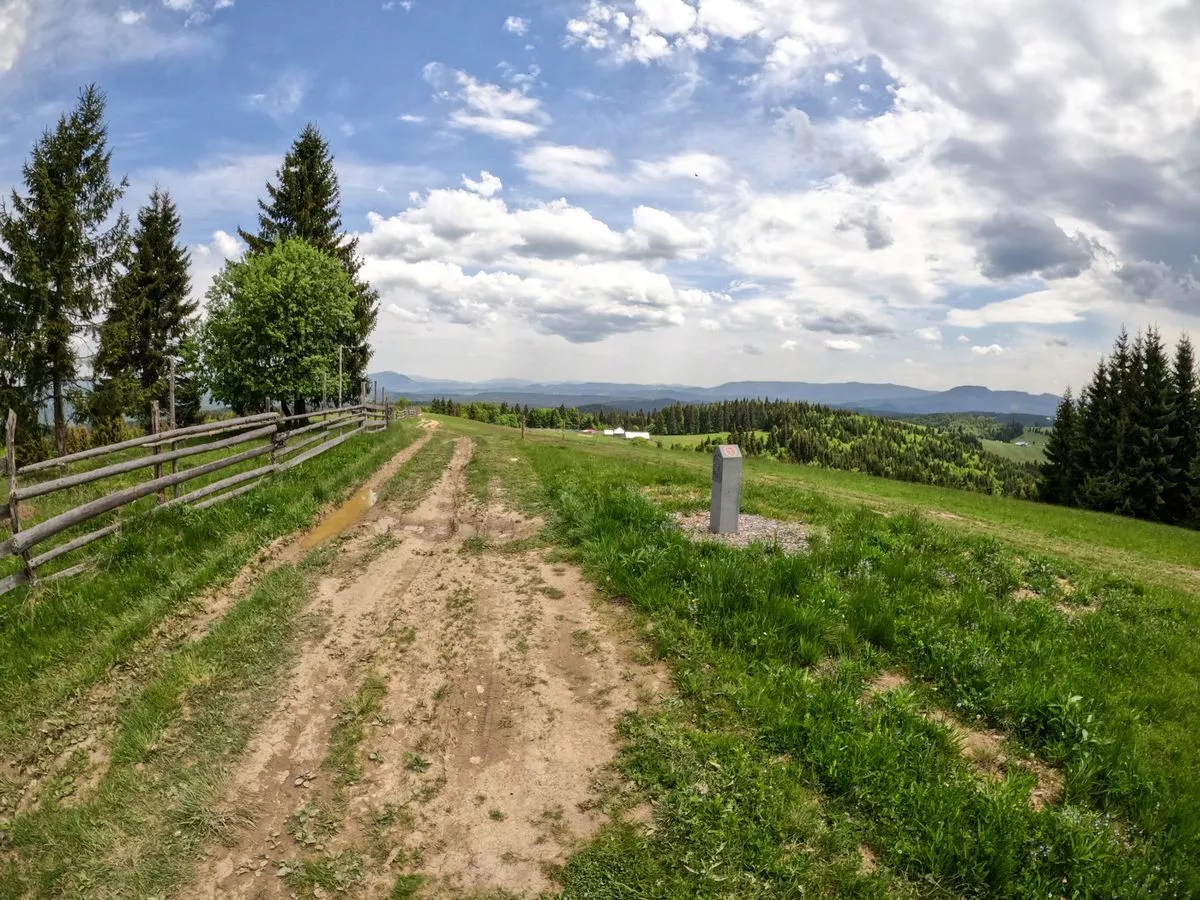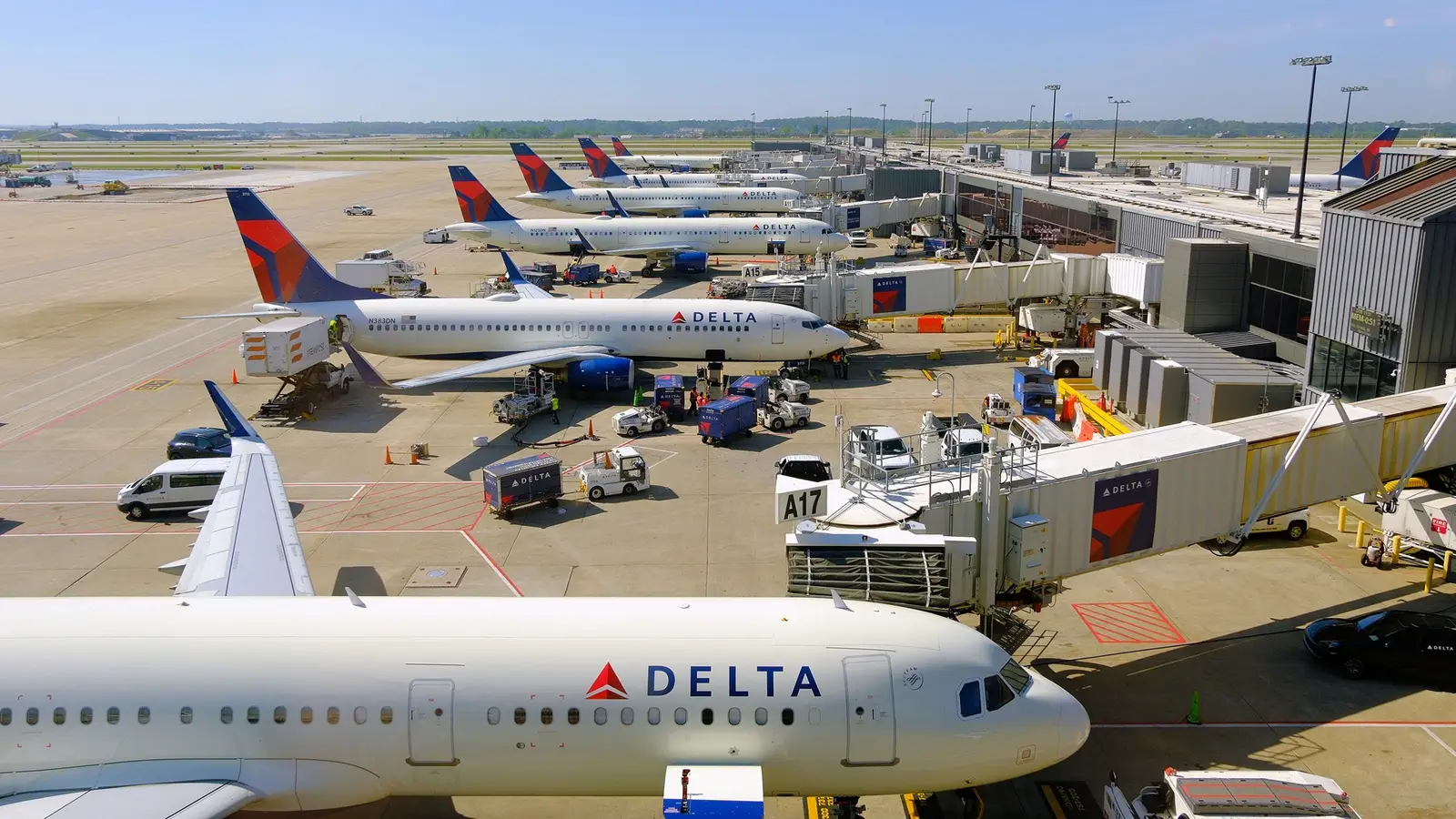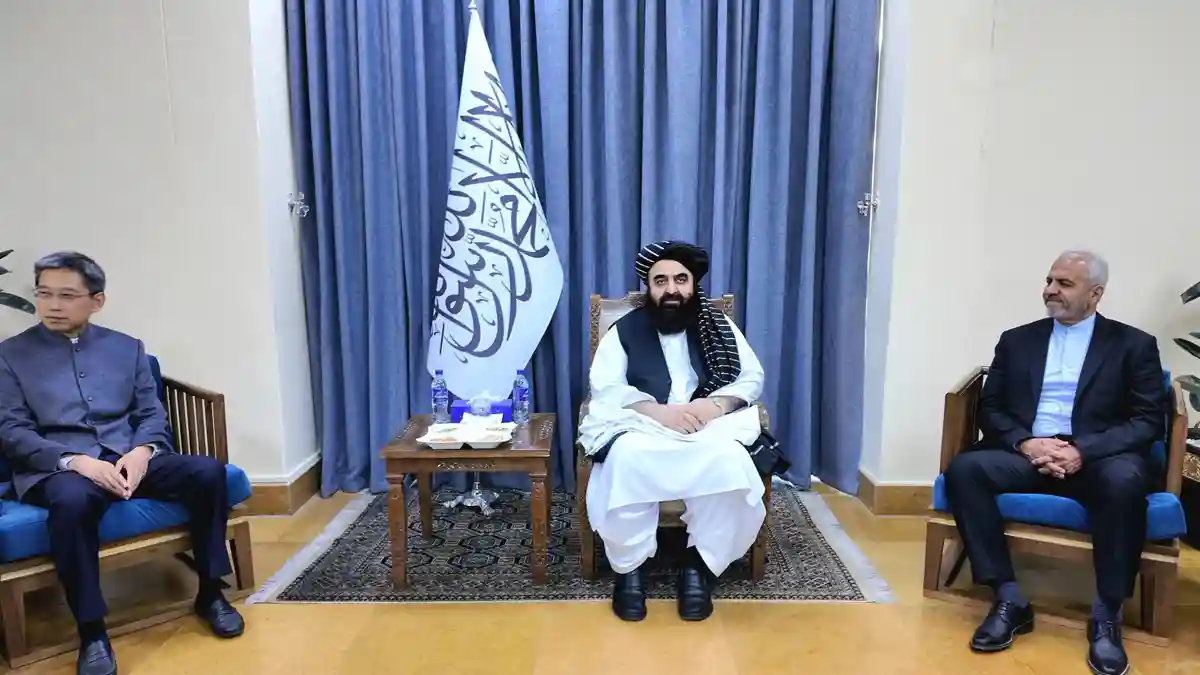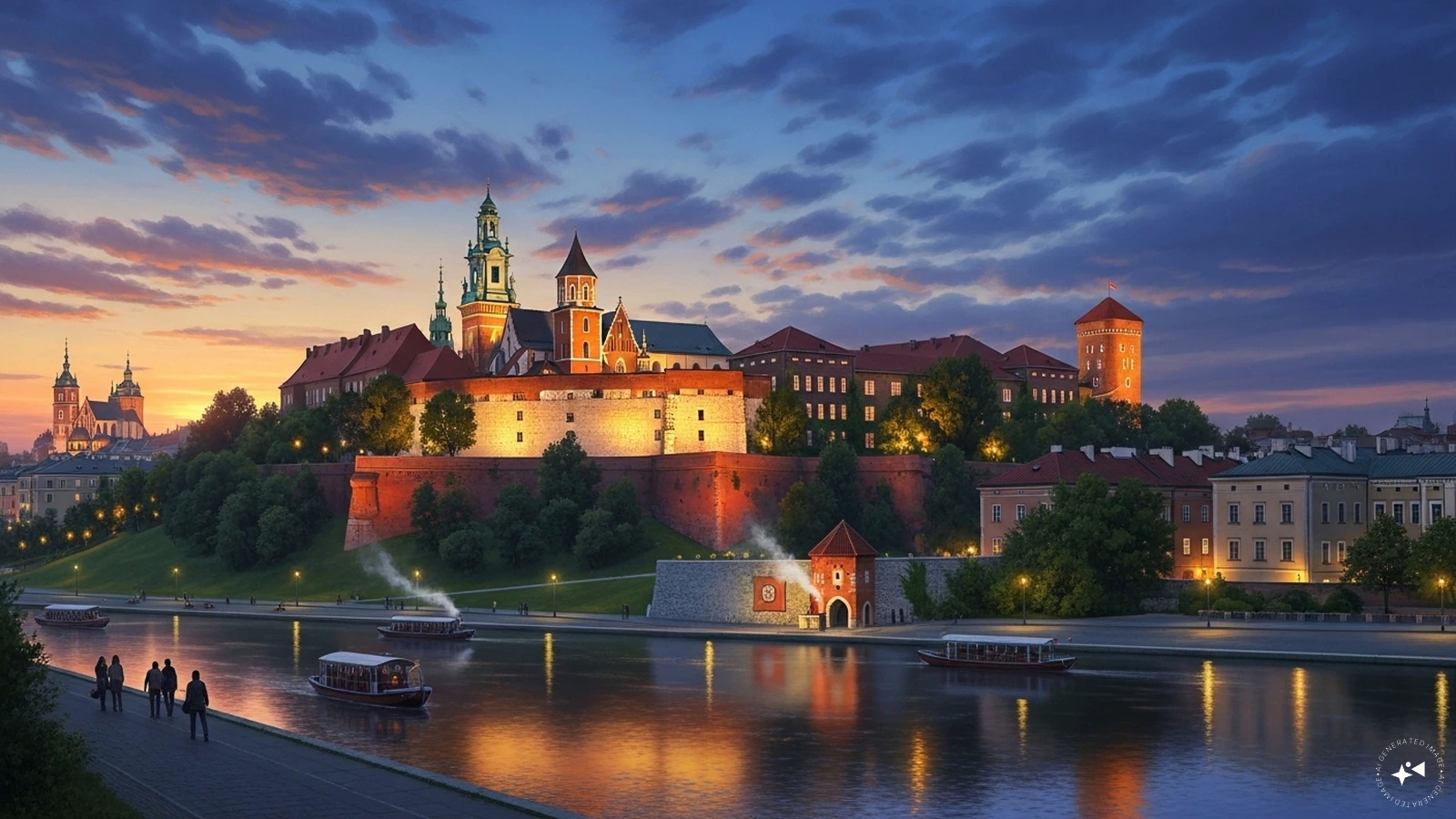By Max Uechtritz – Special Contributor
Copyright postcourier
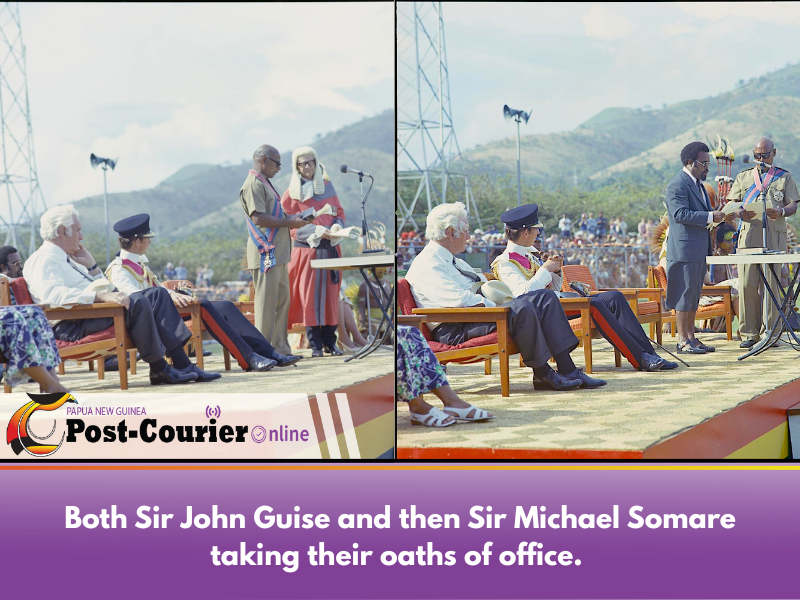
The Nation’s Gamechangers
SIR John Guise went from being ludicrously labelled “the most dangerous man in the Territory” to making an immortal statement about peace when PNG was born.
“It is important to the people of Papua New Guinea and the rest of the world realise the spirit in which we are lowering the flag of our colonisers, and we are lowering it, not tearing it down.”
So said Guise, PNG’s first Governor-General, in that famous dusk ceremony in Port Moresby on September 15, 1975, a few hours before independence was formalised at midnight.
His pointed reference was the contrast of PNG’s peaceful transition of power to the violence and bloodshed of decolonisation in many other emerging nations around the world and dire warnings – by some – that the same would happen in his country.
In the same speech Guise said: “The past years of transition from Australian rule to independence have been happy and peaceful years.”
So, what of that “most dangerous man” quote? Well, it came in an important time capsule of archival history when I was researching my documentary PNG: Road to Independence which will air on Australia’s ABC television on September 16.
It was from an illuminating ABC Four Corners program in 1962 and was used by legendary reporter and Four Corners host Michael Charlton to highlight the absurdity of the claim.
Charlton: I asked of many Papuans and New Guineans, did they think of any single person as a leader? The name that was most often mentioned was John Guise.
One Australian told me he’s the most dangerous man in the Territory.
What do you get asked the most when you travel around your electorate? Charlton then asked Guise in an on-camera interview.
In what became his trademark gentle sotto voce, Guise replied: “The question that I always get is the demand for education, people are discussing matters such as self-government and an increase in economic development.”
The context and contrast Charlton was rhetorically portraying was that here was a man being labelled dangerous for wanting education, self-government and economic development for this people!
We’ll never know who was the Australian the late Charlton quoted. But archives and history suggest it could have been any of a number of administration or other expatriates spooked by Guise’s plain talking way back in 1962.
Another fine former ABC journalist John Ryan knew Guise well in the 1960s and wrote a chapter on him in his excellent 1969 book The Hot Land: Focus on New Guinea.
After Guise’s maiden speech in the Legislative Council of 1961, Ryan wrote that “since the first of Papua and New Guinea’s legislative councils in 1951, there had been no native member with such direct and outspoken ideas. The Australians outside the Council were quick to react, and he was branded an “emotional orator” and “a potential troublemaker.”
So, again, what provoked these labels? I am indebted to Ryan’s summary of that first Guise speech on April 11, 1961.
Guise’s speech ranged across democratic government as “as the will of the ordinary people”, the urgent need for a university college in the territory, education grants to send more native students to Australia, Britain and for the first time, to the United States, a medical college and more hospitals. He wanted quicker agricultural development, special efforts to let native farmers and businessmen use their own initiative, new legislation to bestow communal or indigenous land titles and more authority for local government councils quote “on which our whole political structure must be based”.
He wanted more native people in the public service, equal pay for equal work, the training of native magistrates, an Economic Planning Commission and an assurance that, as a matter of principle, that there would be no place in the territory for anybody with a prejudice against black men.
In 1962, five years before the formation of the Pangu Pati, which he joined, Guise was already pushing for a national name, flag and anthem in a united Papua and New Guinea.
In his third major speech in the Legislative Council in June 1962 (wrote Ryan) Guise got away from generalities and concentrated on the twin territories’ greatest single problem, national unity.
He was worried about the worsening political situation over Dutch New Guinea and appealed to Australia to try to create a sense of national unity in Australian New Guinea so that the two territories, New Guinea and Papua, might become one political unit.
Guise asked the Australian Senate and the House of Representatives to plan immediately a national flag for Papua and New Guinea, to be flown below the Australian flag and a national anthem to be sung after the Australian anthem in all schools and at public ceremonies.
Australian New Guinea, he said, needed a sense of unity of purpose, devotion and loyalty, “urgently desired now in the light of what is happening in the western part of our great island.”
Guise conceded in this speech that many would argue that Australian New Guinea’s tribes were too primitive, that there are too many languages and cultures for union unity. “My answer to this is that in many, or all, of the developing and underdeveloped countries of Africa and Asia, the same problems exist. Papua New Guinea should not be held up as an example of the backwardness of people. This problem of unity should be looked upon by Australia as an opportunity to show the world her true interest in us all here as one political unit or association.”
Ryan wrote that time and again, Guise repeated his call for something constructive about nation building, genuine unity and a flag and an anthem: “By 1968 it had gone no further than the general but unofficial acceptance of a single name for Papua/ New Guinea, “Niugini”, a combination of the Motu word “Gini” and the word “Niu”, from parts of New Guinea meaning jointly, a stand of coconuts.”
About Writer:
Papua New Guinean born. ‘Max Uechtritz is a former ABC Foreign Correspondent, ABC Director of News and Current Affairs, Channel Nine News Director and Director of Programmes (documentaries and current affairs) of Al Jazeera English as well as film maker whose documentaries have been seen around the world. He has written for numerous publications in Australia and abroad over 40 years in journalism.
Word of thanks and credit for all images in this Nation’s Gamechangers Series to the following:
NSW State Library
SEARCH Foundation
NAA (National Archive of Australia)
The Guise family
The Abel Family
The Wedega Family
The Taureka Family
Pacific Islands Monthly
Max Uechtritz is the Director and Writer of the documentary film PNG: Road to Independence will be broadcast on ABC Australia satellite service at 2pm and 8pm PNG time on Monday, September 15.
This film examines one of the most extraordinary political transitions in history and the people who made it happen. It tells how race inequality drove a young teacher Michael Somare and his so-called “Bully Beef Club” to agitate for self-rule. They paved the way to the birth of a nation with Somare as its first prime minister. It could not have happened so quickly without the support and even urging of Gough Whitlam, the then Australian prime minister. Whitlam wanted to divest Australia of its colonial heritage, saying Australia would “never be truly free until PNG became truly free.”
